European Union energy ministers fought hand-to-hand on Thursday over a proposal to cap gas prices at €275 per megawatt-hour (MWh), with Greece, Poland, Belgium, Germany and the Netherlands equally unhappy – but for opposite reasons. .
Long-standing differences risk becoming hostages to other proposals awaiting ministerial approval to alleviate the acute energy crisis: launching joint gas purchases in EU and accelerating the issuance of permits for the use of renewable energy sources.
Climate Minister of Poland Anna MaboutSquam called the plan a “joke” after the executive European Commission submitted its proposal for limits to the bloc’s 27 member states for approval.
Belgian Minister of Energy Tinne van der Streten supported her. “The text that is on the table is unsatisfactory (…) it does not clearly indicate whether it will have an impact on prices,” he told reporters.
Their Greek counterpart said that a limit of 150-200 euros/MWh would be “realistic”.
“This could help us lower gas prices and therefore reduce electricity prices, which is a major problem in Europe this winter,” Konstantinos Skrekas said.
Malta is also unhappy with the ceiling, with Energy Minister Miriam Dalli saying the stringent conditions required to get the mechanism running make it “nearly impossible”.
Up to 15 EU countries want caps to contain energy spending after gas prices soared to record highs last August as Russia cut supplies to Europe following Western sanctions over Moscow’s war against Ukraine .
But fierce opposition comes from a smaller but powerful camp led by the EU’s biggest economy, Germany. Together with the Netherlands, Sweden, Austria and Finland, they say the restriction could shift supplies to other countries and reduce incentives to reduce consumption.
The Commission has proposed capping the monthly price on the Dutch Title Transfer Facility (TTF) gas exchange if it exceeds €275/MWh for two weeks and if the price is €58 higher than the world benchmark for liquefied natural gas (LNG) for 10 trading days in a row.
When there is no agreement among friends
Dutch minister Rob Jetten said he was “very critical” of the plan: “The proposal is not perfect, there is a big risk of damaging the energy security of supplies as well as the stability of financial markets.”
German State Secretary for Climate Change Sven Giegold added: “We still have a lot of work to do.”
The Estonian minister was the only one who said the plan was “good, mostly” as a temporary measure and only to deal with extreme price increases, not as a permanent solution.
But two EU diplomats and one EU official said the ministers would probably have to meet again in mid-December to reach an agreement.
In recent months, the EU has approved a range of measures to ease the crisis, from cutting back on consumption to introducing new taxes to recoup energy producers’ windfall profits. But the question of how and whether to limit gas prices has long divided the bloc.
According to another EU diplomat, Ukraine’s energy minister is also due to attend the meeting to discuss support for his country, where the Russian war has destroyed civilian infrastructure and knocked out electricity and heating systems as the winter cold sets in.
[Reuters].
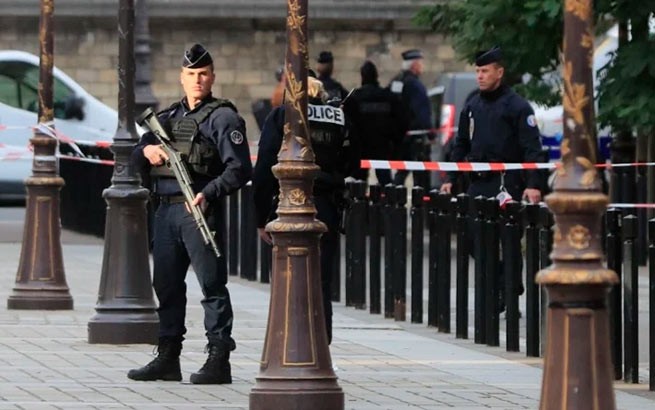
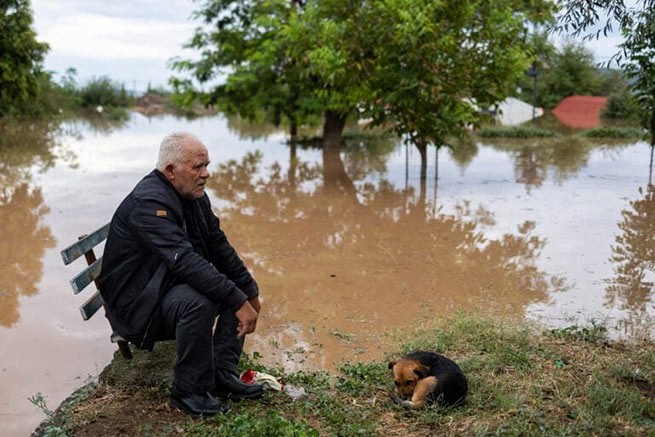
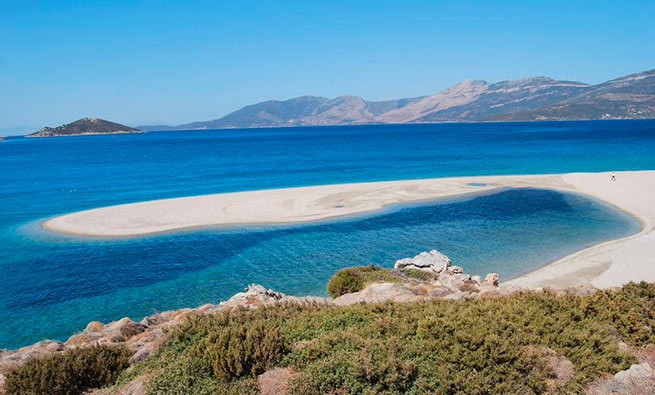
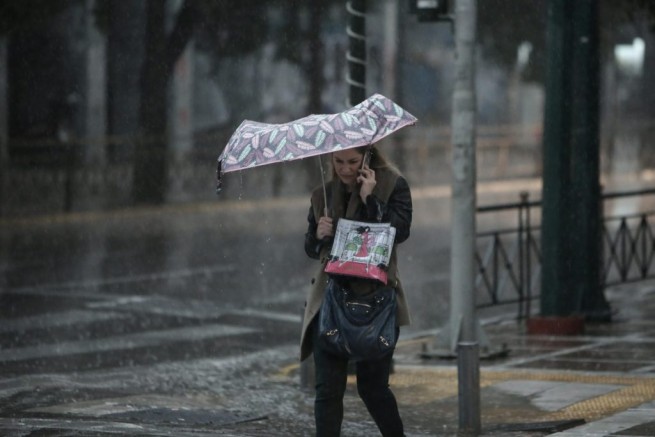

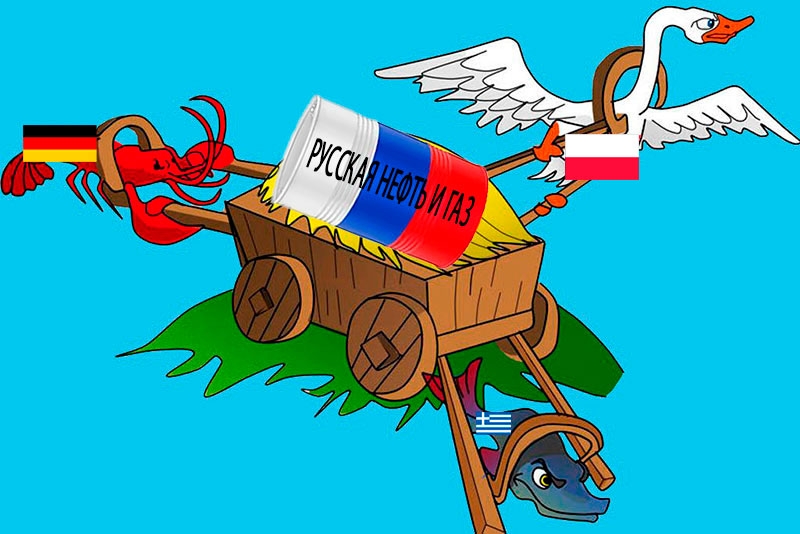

More Stories
Flood victims in Thessaly will pay property tax (ENFIA)
Fines of 1.5 million euros for 11 large retail chains, including Leroy Merlin, Attica and JYSK
MyCoast: A digital app for complaining about beaches